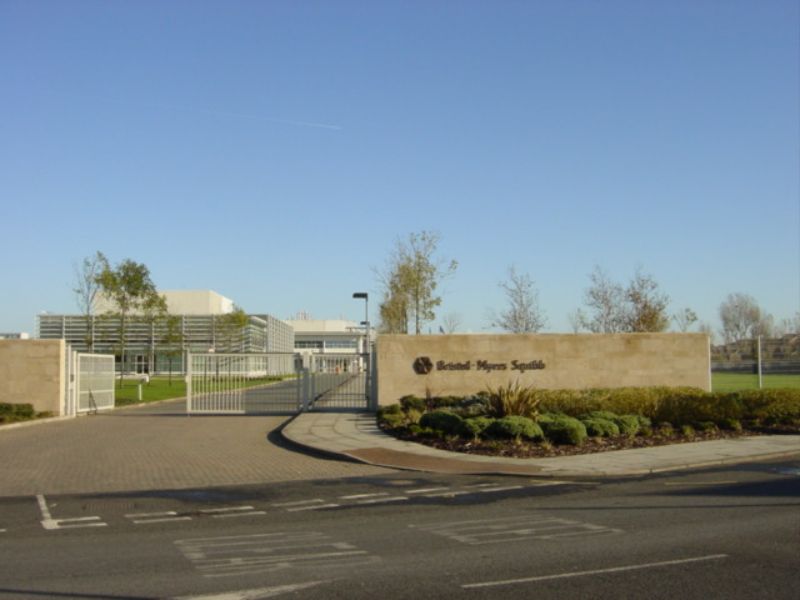
Bristol Myers Squibb (BMS) has reported positive interim results from the Phase III DAYBREAK open-label extension clinical trial of Zeposia (ozanimod) in patients with relapsing forms of multiple sclerosis (MS).
Data showed the long-term efficacy and safety profile of the drug, reported BMS.

Discover B2B Marketing That Performs
Combine business intelligence and editorial excellence to reach engaged professionals across 36 leading media platforms.
Zeposia is an oral, sphingosine 1-phosphate (S1P) receptor modulator designed to bind with high affinity to S1P receptors 1 and 5.
The drug inhibits the ability of lymphocytes to egress from lymph nodes, decreasing the number of lymphocytes in peripheral blood.
DAYBREAK enrolled 2,494 patients who had completed a Phase I, II or III study of Zeposia, with an average treatment time of 35.4 months in DAYBREAK. The primary objective was safety in the overall population.
No new safety concerns were observed in the DAYBREAK study upon long-term use of the drug.

US Tariffs are shifting - will you react or anticipate?
Don’t let policy changes catch you off guard. Stay proactive with real-time data and expert analysis.
By GlobalDataAt months 24 and 36, 79% and 75% of subjects were relapse-free, respectively. Three and six month disability progression was reported in 10.8% and 8.6% of patients, respectively.
The average number of new/enlarging T2 lesions and gadolinium-enhanced (GdE) lesions per scan at 24 months were found to be similar, irrespective of the parent-trial treatment arm.
Of the 2,494 patients treated with Zeposia in DAYBREAK for 35.4 months, 2,039 subjects experienced a treatment-emergent adverse event (TEAE), 236 had a serious TEAE (SAE), and 56 discontinued the trial due to a TEAE.
The most common TEAEs were nasopharyngitis, headache, upper respiratory tract infection, and lymphopenia.
Bristol Myers Squibb Immunology and Fibrosis Development head Mary Beth Harler said: “Alongside our industry-leading collaborators, we are investigating novel endpoints, brain volume and cognition, which may help to further our understanding of the safety and efficacy profile of Zeposia and can advance transformational science for multiple sclerosis patients experiencing this unpredictable, debilitating disease.”
Last month, BMS said that the Phase III IDHENTIFY trial of Idhifa (enasidenib) plus best supportive care failed to meet the primary endpoint of overall survival in acute myeloid leukemia patients.





